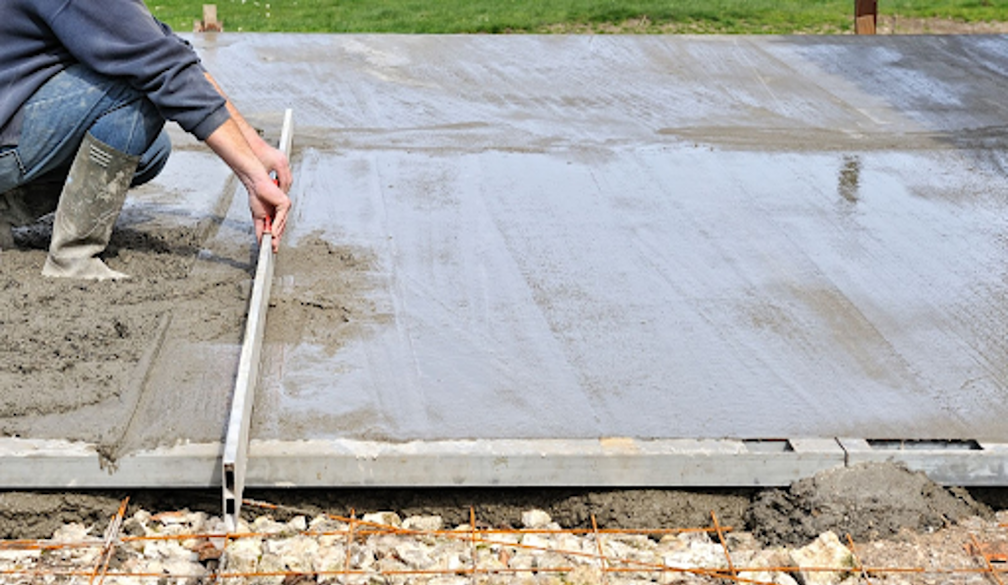Understanding Property Valuations in Australia: A Comprehensive Guide

Navigating property valuations in Australia is vital for anyone involved in the real estate market, whether you're buying, selling, or managing properties. Understanding these valuations helps ensure that you're making informed decisions based on the true market value of a property. Here’s an in-depth look at what property valuations are, why they're necessary, and how they're conducted.
What is a Property Valuation?
A property valuation is a detailed assessment that determines the market value of a property at a specific point in time. Conducted by a licensed valuer, this process involves a thorough examination of the property and comparison with similar properties recently sold in the area. It’s crucial for establishing a fair and objective price for a property based on its unique features and market conditions.
Valuations are more than just about comparing numbers; they require a deep understanding of the local real estate market and factors that influence property values. This ensures that each valuation reflects true market conditions and not just speculative pricing.
Why Do You Need a Property Valuation?
Property valuations serve several critical functions in real estate transactions and management:
- For Buyers and Sellers: Buyers ensure they aren’t overpaying, while sellers identify improvements that could enhance their property’s value.
- For Lenders: Banks and financial institutions require valuations to determine the risk associated with a loan.
- Legal and Compliance Reasons: Valuations are often necessary for refinancing, settling disputes, or for tax assessments, and in complex cases, working with dispute resolution lawyers sydney professionals can be invaluable.
How the Property Valuation Process Works
The process of valuing a property typically involves several key steps. Initially, the valuer conducts a physical inspection to assess the property’s condition and its features. They consider factors like the property’s size, age, location, architectural style, and the condition of any buildings or improvements.
After the physical assessment, the valuer compares the property against similar properties that have recently sold in the area. This comparison helps in understanding how the market values specific features and locations.
Cost and Time Required for a Valuation
The cost of a property valuation can vary widely, usually ranging between $300 and $600 for a standard residential property. The process typically takes a few days, but it can be longer or shorter depending on the complexity of the property and the valuer’s schedule. It’s a small price to pay for the confidence it brings to financial and legal dealings involving the property.
Appraisals vs. Valuations
It’s important to distinguish between appraisals and valuations. Appraisals, often provided by real estate agents, are informal estimates of a property’s market value based primarily on recent local sales. While useful for getting a quick market sense, they lack the formal recognition and detailed analysis that comes with a professional valuation.
Valuations, on the other hand, are formal reports compiled by licensed professionals. These reports are comprehensive and are often required by lenders and for legal proceedings.
Boosting Your Property Value
Improving your property’s value can be crucial, especially if you’re considering selling or refinancing. Simple upgrades like modernizing kitchens and bathrooms, improving landscaping, and ensuring the property is well-maintained can significantly impact its value. Consider what potential buyers or renters in your area value most before undertaking any major renovations.
When is the Valuation Done When Buying a House?
In the context of buying a house, the valuation is typically performed after the initial offer is accepted but before the loan is finalized. This ensures the lending institution has an accurate assessment of the property’s value, minimizing their financial risk. For the buyer, it confirms that the amount offered matches the property’s true market value.
For anyone involved in real estate transactions or property management, understanding property valuations in Australia is essential. This guide has explored the what, why, and how of property valuations, providing you with the knowledge to navigate this complex but crucial part of the real estate industry confidently. Whether you are buying, selling, or simply managing your property assets, a clear understanding of valuations can ensure you are always making well-informed decisions.








